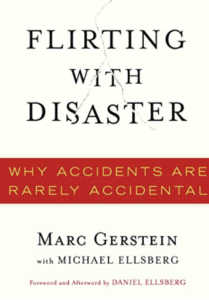By Daniel Ellsberg (originally published in Social Research)
I) Reflections on Secret-keeping and Identity
In the “national security” area of the government–the White House, the departments of state and defense, the armed services and the “intelligence community,” along with their contractors–there is less whistleblowing than in other departments of the executive branch or in private corporations. This despite the frequency of misguided practices and policies within these particular agencies that are both more well-concealed and more catastrophic than elsewhere, and thus even more needful of unauthorized exposure.
The mystique of secrecy in the universe of national security, even beyond the formal apparatus of classification and clearances, is a compelling deterrent to whistleblowing and thus to effective resistance to gravely wrongful or dangerous policies. In this realm, telling secrets appears unpatriotic, even traitorous. That reflects the general presumption–even though it is very commonly false–that the secrecy is aimed not at domestic, bureaucratic or political rivals or the American public but at foreign, powerful enemies, and that breaching it exposes the country, its people and its troops to danger.
Even those insiders who have come to understand that the presumption is frequently false and that particular facts are being wrongly and dangerously kept secret not so much from foreigners but from Congress, courts or the public are strongly inhibited from speaking out by an internalized commitment to keep official secrets from outsiders, which they have promised to do as a condition of employment or access.

